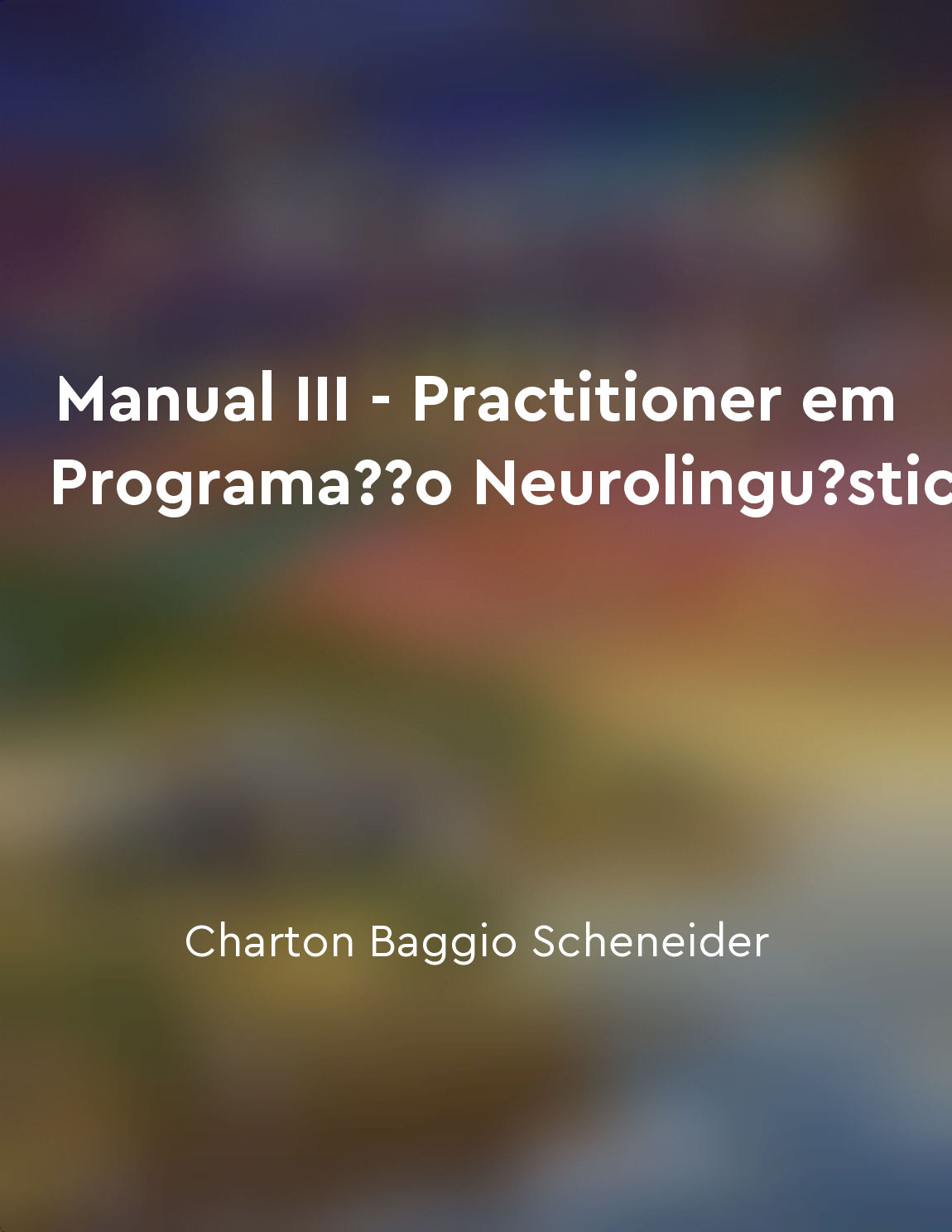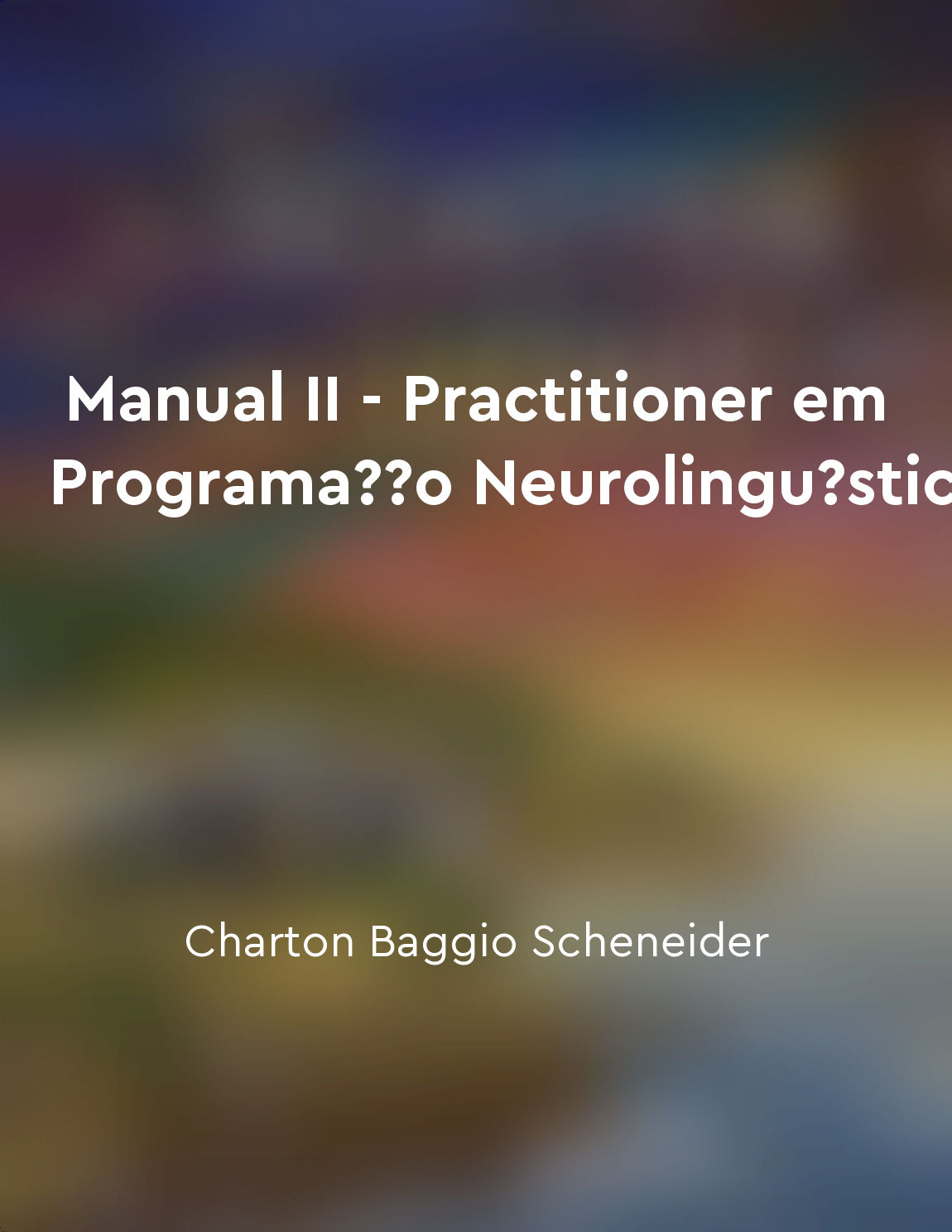Audio available in app
Effective communication is essential in all interactions from "summary" of Emotional Intelligence 2.0 by Travis Bradberry,Jean Greaves
Communication is the lifeblood of all relationships, whether personal or professional. It is the foundation upon which trust, understanding, and connection are built. Without effective communication, misunderstandings can arise, leading to conflict, frustration, and even the breakdown of relationships. When we communicate effectively, we are able to convey our thoughts, feelings, and needs clearly and respectfully, while also being attentive to the other person's perspective. Effective communication is not just about speaking clearly and articulately; it also involves active listening and empathy. By truly listening to others and trying to understand their point of view, we demonstrate respect and validation, which are crucial for building positive relationships. Empathy allows us to connect with others on a deeper level, fostering trust and mutual understanding. In today's fast-paced and technology-driven world, it is easy to overlook the importance of face-to-face communication. However, studies have shown that a significant portion of communication is nonverbal, including body language, facial expressions, and tone of voice. These subtle cues can greatly impact the message being conveyed and the overall effectiveness of communication. In order to improve our communication skills, it is essential to be mindful of our own emotions and reactions. When we are aware of our own feelings and triggers, we can better regulate our responses and communicate more effectively. This self-awareness also allows us to recognize when our emotions may be clouding our judgment or causing us to react impulsively.- We can create stronger, more meaningful connections with others. Whether in personal relationships, team collaborations, or leadership roles, effective communication is the key to success. It allows us to express ourselves authentically, resolve conflicts peacefully, and build trust and respect with those around us. Ultimately, mastering the art of communication is essential for navigating the complexities of human interaction and fostering positive relationships in all aspects of our lives.
Similar Posts

Understanding nonverbal cues is as crucial as verbal language
Understanding nonverbal cues is as crucial as verbal language. When we communicate, we often focus on the words being spoken, b...

Enhancing selfconfidence through mindset and language shifts
The concept of enhancing self-confidence through mindset and language shifts is a fundamental aspect of Neuro-Linguistic Progra...
Nonverbal cues also convey messages
Nonverbal cues play a crucial role in communication within the workplace. These cues include facial expressions, body language,...

Power dynamics can be observed through body language
The way people position themselves, their gestures, and their facial expressions can reveal a lot about power dynamics in a giv...
Take responsibility for your actions
Taking responsibility for our actions is a fundamental principle that governs our choices and behaviors. It means acknowledging...
Nurturing a positive selfimage
To nurture a positive self-image is to cultivate a mindset that is rooted in self-acceptance, self-worth, and self-belief. It i...

Utilizing anchors to access resourceful states
Anchors are powerful tools in NLP that allow individuals to access resourceful states quickly and effectively. By associating a...

Celebrate progress in managing anger effectively
One important aspect of dealing with anger is to acknowledge and celebrate any progress you make in learning to manage it effec...

Practice selfcompassion and forgiveness
Let's talk about something that can be very difficult for many people to do: being kind and forgiving to yourself. We often hol...
Focus on experiences rather than material possessions
In a world that often equates happiness with the accumulation of material possessions, it can be easy to lose sight of what tru...

